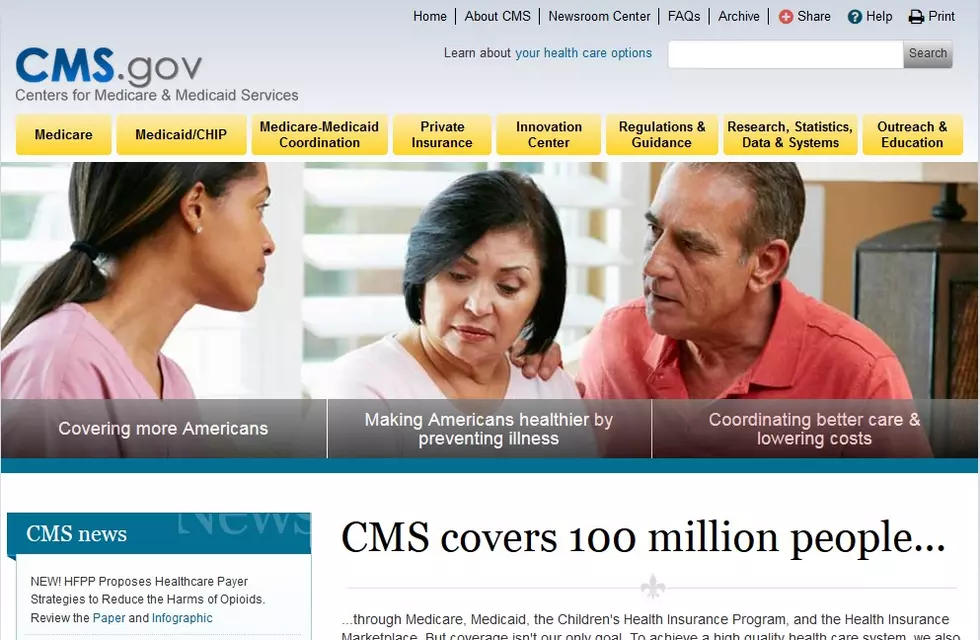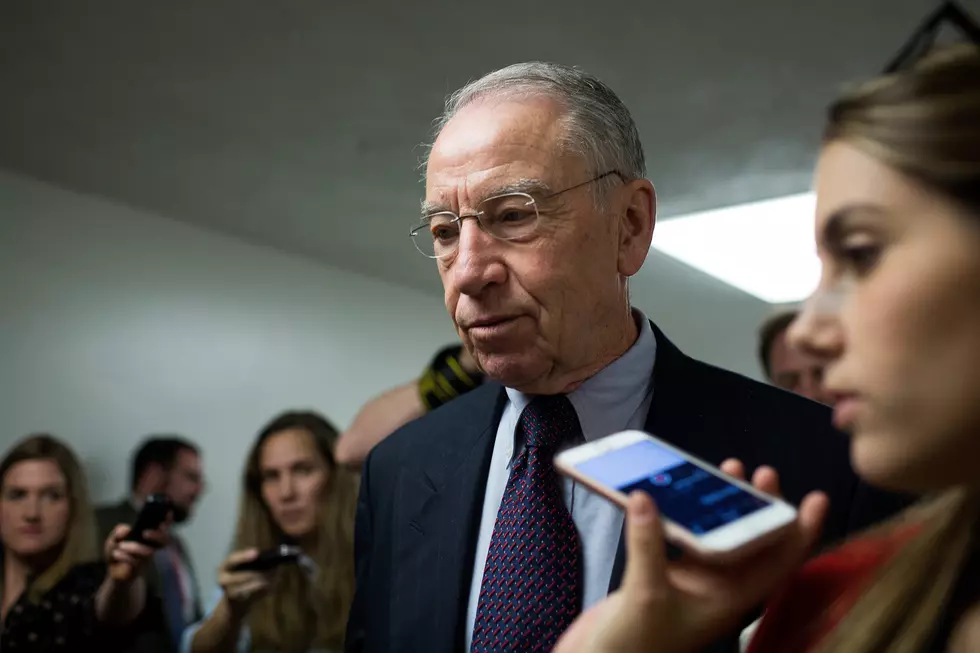
Medicare expands coordinated care for 8.9M beneficiaries
Medicare is expanding a major experiment that strives to keep seniors healthier by coordinating basic medical care to prevent common problems that often lead to hospitalization, the agency said on Monday.
Officials announced 121 new "accountable care organizations," networks of doctors and hospitals that collaborate to better serve patients with chronic medical conditions. A limited number will be able to directly recruit patients.
"We do view this as beneficiaries voting with their feet," said Patrick Conway, Medicare's chief medical officer. Talking things over with their doctor is the best way for beneficiaries to decide on joining one of the accountable care groups. They can also call Medicare at 1-800-633-4227 to find out if there is a so-called ACO in their community.
ACOs work to improve quality and lower costs. Part of their payment from Medicare is based on how well they meet those goals. It can be as simple as making sure patients receive regular follow-up visits and stay on their medications. Eliminating duplicative tests is another route to savings.
Monday's announcement means 8.9 million beneficiaries will now be getting their care through ACOs. That's close to 1 in 4 seniors with traditional Medicare, and an increase of about 1 million beneficiaries receiving care under the new approach. The total number of ACOs will rise to 477 across the country.
Twenty-one new ACOs will be allowed to recruit patients. Conway said these "Next Generation ACOs" are already starting out with 650,000 beneficiaries. They'll also have greater flexibility in organizing how they deliver care.
Kavita Patel, a Brookings Institution health policy expert, said a healthy level of interest among clinicians in the `next generation' phase of the program seems like a plus for the administration.
Close to half of the 21 are led by doctors, "reinforcing that these models are viable and potentially might succeed overall," she said.
The ACO's come in a variety of designs, according to the level of financial risk the groups themselves take on. Conway said organizations that take more responsibility for the bottom line often do better on quality, because they have a greater incentive to keep patients healthy.
Traditionally Medicare paid the bills as they came in from hospitals and doctors. But under President Barack Obama's health care law, the program is trying to shift to rewarding quality over sheer volume of services. With Medicare's long-term financial future in jeopardy, much is at stake.
The new approach tries to remake the way medical care is delivered to patients, by fostering teamwork among clinicians, emphasizing timely preventive services and paying close attention to patients' transitions between hospital and home. The jury is still out on its lasting impact.
(Copyright 2016 The Associated Press. All rights reserved. This material may not be published, broadcast, rewritten or redistributed.)
More From New Jersey 101.5 FM









